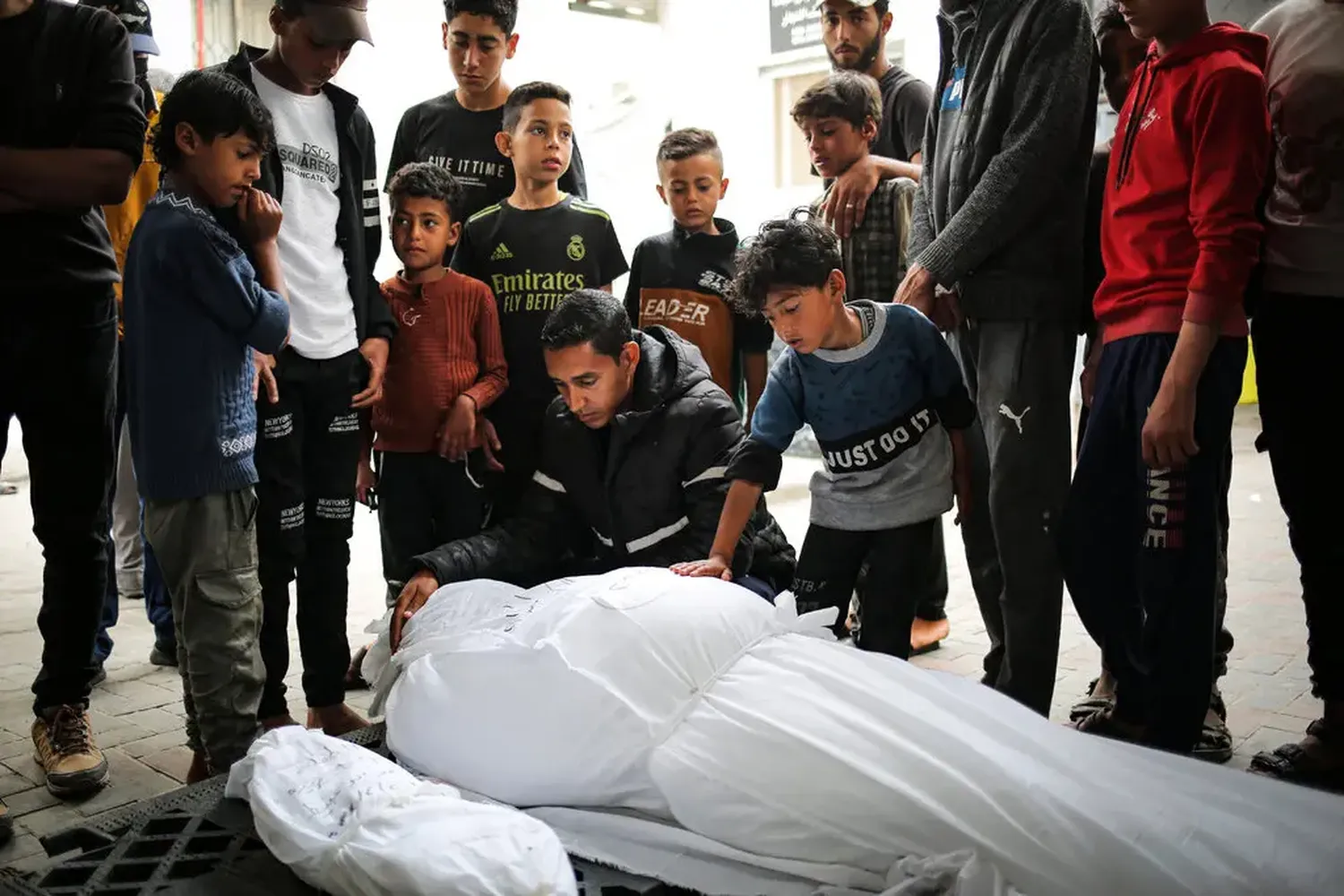Israel-Gaza War
Hamas Says It Is Reviewing Israeli Proposal on Cease-Fire Deal
As the conflict between Israel and Hamas surpasses the six-month mark, the Palestinian militant group Hamas is currently reviewing a new cease-fire proposal from Israel. This development comes at a critical juncture, with international efforts intensifying to bring an end to the hostilities that have devastated the Gaza Strip and resulted in significant loss of life on both sides.
The proposal, which was presented to Hamas by Israeli officials, is part of a broader push mediated by Egypt and supported by other international actors, including the United States. The cease-fire offer is said to be a response to a proposal from Hamas that was submitted two weeks prior, indicating a reciprocal communication channel between the conflicting parties despite the ongoing violence.
Khalil al-Hayya, a senior Hamas official, confirmed the receipt of the proposal but did not provide specific details about its contents. According to sources, the discussions have included potential terms such as a six-week truce and an exchange involving hostages held by Hamas and Palestinian prisoners in Israeli jails.
The urgency of the negotiations is underscored by the dire humanitarian situation in Gaza, where the civilian population faces "famine-like conditions," according to international observers. Over half of Gaza’s 2.3 million residents have been displaced, with many seeking refuge in Rafah, a city near the Egyptian border that has become a focal point of the conflict.
Egypt has played a pivotal role in the mediation efforts. An Egyptian delegation recently concluded a high-level visit to Israel, discussing a "new vision" for a prolonged cease-fire. The talks are aimed at achieving a multi-phase peace plan, which would initially focus on a limited exchange of hostages and prisoners, potentially paving the way for more comprehensive negotiations.
The international community has been vocal in its call for a resolution. A recent joint statement by the United States and 17 other countries urged Hamas to release all hostages as a step towards ending the conflict. This collective international pressure reflects a growing consensus on the need for a cease-fire and a sustainable peace agreement.
However, the path to peace is fraught with challenges. Hamas has reiterated its demands for a permanent cease-fire and a full withdrawal of Israeli troops from Gaza, conditions that Israel has historically rejected. The Israeli government maintains that its military operations are necessary to dismantle Hamas' military capabilities permanently.
Amidst these diplomatic activities, the humanitarian crisis in Gaza continues to worsen. The United Nations and various aid organizations have struggled to deliver sufficient aid due to the blockade and ongoing military operations. Reports from the ground indicate a severe shortage of essential supplies, including food, water, and medical services.
The conflict, which began with a surprise attack by Hamas on southern Israel on October 7, has led to the deaths of approximately 1,200 Israelis and over 34,000 Palestinians, according to the latest figures from the respective health ministries. The high civilian toll, particularly in Gaza, has sparked international outrage and calls for an immediate cessation of hostilities.
As the world watches closely, the outcome of the current negotiations could mark a critical turning point in a conflict that has not only devastated the lives of thousands but also significantly impacted regional stability in the Middle East. The hope is that a cease-fire agreement will lead to a lasting peace that addresses the underlying issues of the Israeli-Palestinian conflict. However, the complexity of the political and military dynamics continues to pose significant obstacles to achieving this goal.

